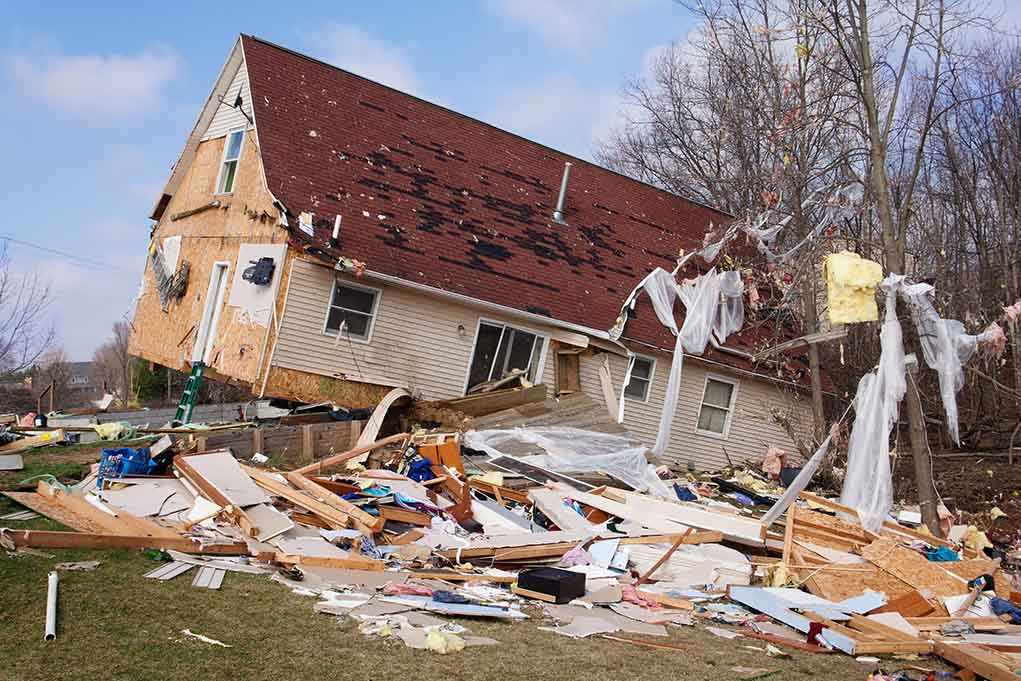
Senator Maria Cantwell claims weather warnings are a “national responsibility,” but if you’re tired of watching Washington, D.C. treat every problem like it needs to be solved with another bloated bureaucracy and more government control, you’ll want to see where this story goes next.
At a Glance
- Sen. Cantwell insists weather alerts and disaster response must be managed by a unified federal system, not local communities.
- The absence of a confirmed NOAA administrator has sparked concerns about federal leadership in extreme weather response.
- Recent disasters—floods, wildfires, and red flag warnings—have increased calls for centralized warning systems and more federal funding.
- Cantwell’s stance highlights the debate between nationalized control and local flexibility in emergency management.
Cantwell Pushes for Bigger Federal Role in Weather Warnings
Senator Maria Cantwell, chair of the Senate Commerce Committee, has taken to the Sunday talk shows to declare that weather warnings aren’t just a matter for local governments—they’re a “national responsibility.” According to Cantwell, only a centralized, federally run system can keep Americans safe from floods, wildfires, and severe storms. That’s right: apparently, the people who can’t balance a budget or keep the border secure are now supposed to be in charge of telling you when to pack up and run from a hurricane. Cantwell’s message? Trust the experts in D.C. because your local community couldn’t possibly handle the job. If that sounds familiar, it’s because we’ve seen this script before—every crisis becomes an opportunity for another federal power grab.
Cantwell’s comments come at a moment when the country, after years of left-wing governance and chaos at every level, is finally getting some sanity back in the White House. President Trump is back, and the days of every agency being weaponized for political purposes are supposed to be over. Yet, Cantwell and her allies are pushing for more centralized authority in the name of “science-driven forecasting,” as if the same federal agencies that missed the mark on COVID projections are suddenly the gold standard for emergency alerts. With recent disasters in Texas, New Mexico, and North Carolina, Cantwell claims only a national system can handle the scale of modern emergencies. But for millions of Americans, the real disaster has been watching local control and personal responsibility get trampled by a one-size-fits-all federal approach that rarely delivers on its promises.
The Absence of Leadership and the Endless Call for More Government
One reason Cantwell is seizing the spotlight is the gaping hole in federal leadership. The National Oceanic and Atmospheric Administration (NOAA), responsible for weather forecasts and warnings, still doesn’t have a Senate-confirmed administrator. Dr. Jacobs is waiting in the wings, but the Senate hasn’t confirmed him yet, leaving a leadership vacuum in one of the country’s most important agencies. Cantwell and her Senate colleagues have spent months holding hearings, demanding new funding, and warning of dire consequences if the federal government isn’t given even more authority. The implication is clear: until Washington controls the entire system from top to bottom, Americans are at risk.
But what about the actual record of federal disaster response? Hurricane Katrina, anyone? The failures of top-down management are legendary, but that hasn’t stopped Cantwell from insisting that only D.C. can save us from nature’s wrath. The facts are plain: local responders, first on the scene, still depend on federal data and alerts, but they know their communities better than any Washington bureaucrat ever will. While Cantwell touts the progress of national systems like Wireless Emergency Alerts and the National Earthquake Hazard Reduction Program, she never mentions the red tape, delays, and bureaucratic confusion these programs often create on the ground.
The Real Impact: Federal Overreach or Local Empowerment?
At the heart of Cantwell’s crusade is a question every American should be asking: does another layer of federal control actually make us safer, or does it just make us more dependent on Washington? Her push for a “national responsibility” comes at a cost—local communities lose the flexibility to act quickly, adapt to unique threats, and marshal their own resources. Instead, they’re forced to wait for marching orders from a distant capital more interested in political gamesmanship than practical results. The Senate’s ongoing debates about NOAA leadership and new spending bills reflect this tension. Will Congress double down on the failed model of centralized bureaucracy or finally return power to the people who know their communities best?
The answer matters, not just for disaster response, but for the future of American self-government. The more Washington centralizes, the more ordinary citizens are expected to sit on the sidelines and wait for experts to swoop in. For decades, that approach has led to ballooning budgets, taxpayer waste, and a government that’s good at making promises and lousy at keeping them. Cantwell’s position may play well in the echo chambers of D.C., but out here in the real world, Americans have had enough of being told they can’t take care of themselves. We don’t need another “national responsibility.” We need national leaders who remember where real responsibility starts: at home, in our communities, and with the people who actually live with the consequences of every disaster—and every disastrous policy.

